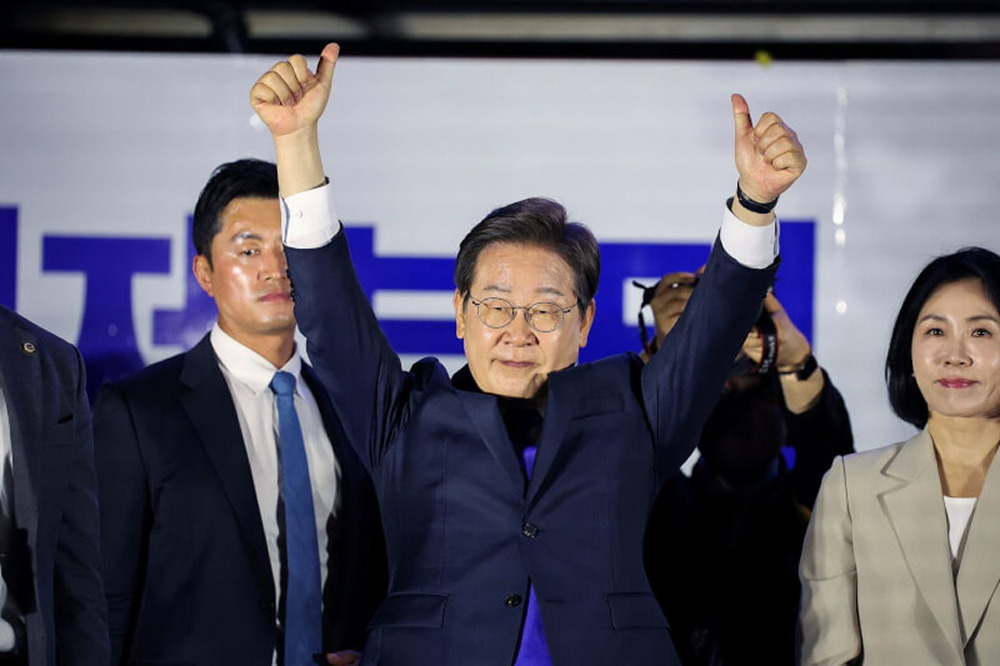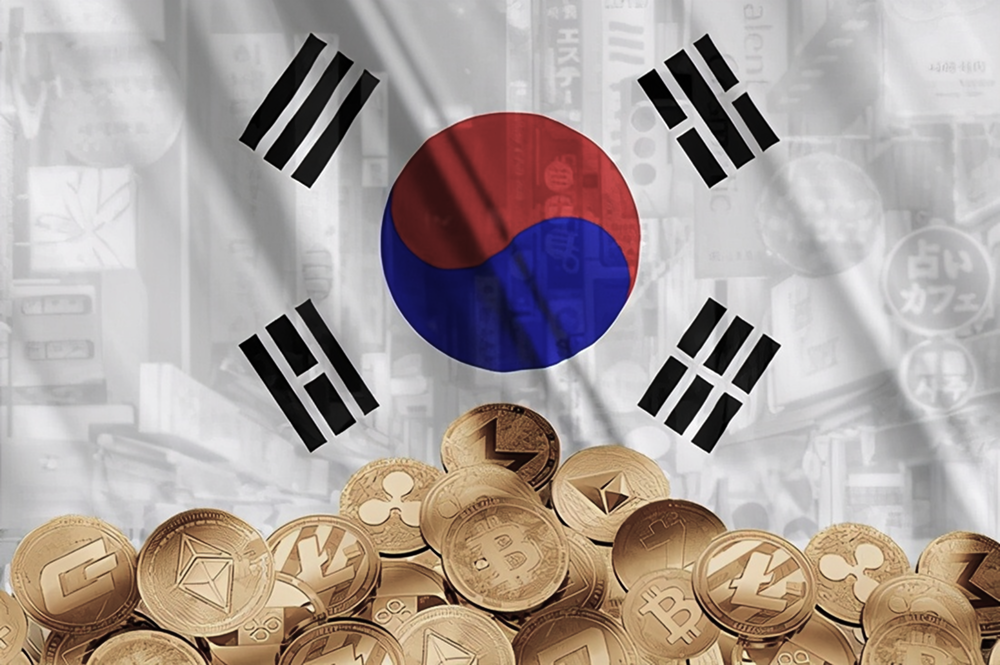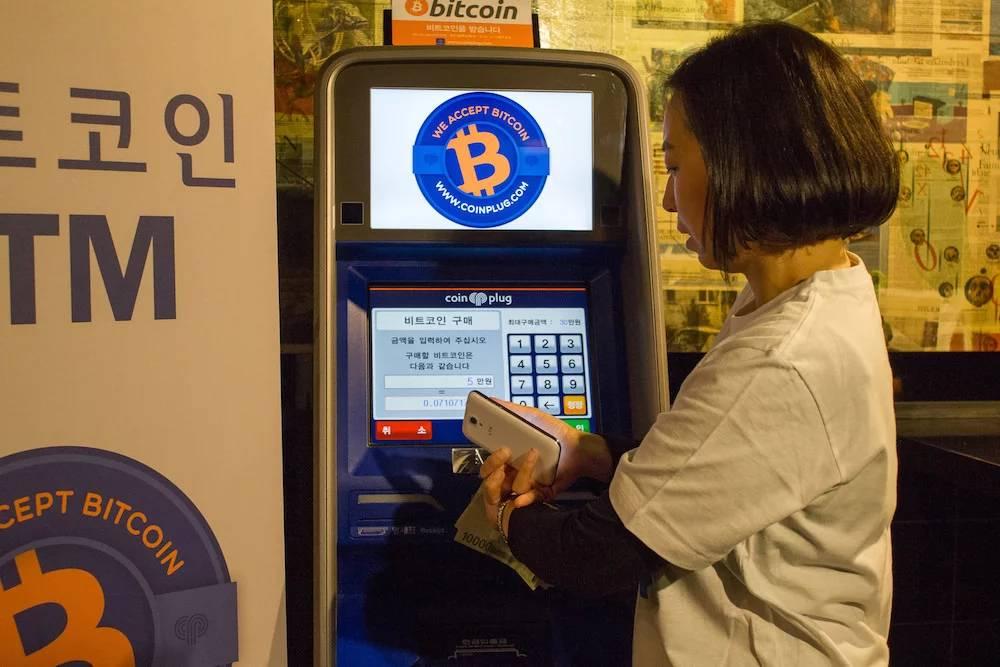On June 3, 2025, the South Korean presidential election concluded, with Democratic Party candidate Lee Jae-myung defeating People Power Party candidate Kim Moon-soo with a vote share of 49.42% to 41.15%, officially becoming the 21st president of South Korea. This election, which was initiated early due to the impeachment of former president Yoon Suk-yeol over the martial law controversy at the end of 2024, not only reshaped the political landscape of South Korea but also brought new policy directions for the world's third-largest cryptocurrency market—South Korea.
According to The Block, during his campaign, Lee Jae-myung promised to vigorously promote the development of the cryptocurrency industry, proposing core policies including the legalization of spot cryptocurrency ETFs, the establishment of a Korean won stablecoin market, the improvement of the digital asset regulatory framework, and the reduction of blockchain regulations in specific areas to foster innovation.

Global Influence of South Korea's Crypto Market
South Korea's position as a global Web3 hub cannot be underestimated. According to a 2024 report by the Financial Services Commission, South Korea's daily cryptocurrency trading volume reaches 73 trillion won (approximately $54 billion), with 9.7 million active users, accounting for nearly 20% of the national population, ranking third globally, behind only the United States and China. South Korean users show particular enthusiasm for altcoins, with active on-chain activities making it a strategic entry point for global projects into the Asian market. In this election, cryptocurrency issues became a core focus of the presidential campaign for the first time, reflecting the importance of digital assets in South Korea's economy and society, transitioning from the margins to the mainstream.
Lee Jae-myung's election is seen as the starting point for the institutionalization of South Korea's crypto industry. Unlike former president Yoon Suk-yeol, who promised to "lift the ban on P2E games and ICOs" during the 2022 election but failed to deliver, Lee Jae-myung demonstrated a firm stance on crypto policy during his campaign. He not only proposed a specific policy roadmap but also plans to establish a dedicated "Digital Asset Regulatory Bureau" to integrate the regulatory system, aiming to transform crypto assets from "speculative tools" into "asset allocation options."

Core Policy 1: Promoting the Legalization of Spot Cryptocurrency ETFs
The primary policy promised by Lee Jae-myung is to promote the legalization of spot cryptocurrency ETFs, a proposal that gained bipartisan consensus during the campaign. As early as May 6, Lee Jae-myung expressed his support for spot ETFs on Facebook to facilitate asset accumulation among the youth and proposed lowering investment costs to improve accessibility. Kim Moon-soo and Reform Party candidate Lee Jun-sik also expressed support for ETFs, with the former including it in his "middle-class wealth expansion" plan and the latter proposing to hold Bitcoin as a national strategic reserve through ETFs.
The introduction of spot ETFs is considered the most likely policy to be implemented in the short term. Analysts point out that once ETFs are approved, they will compete with existing crypto exchanges on fees, lowering the investment threshold for retail investors and enhancing market transparency and liquidity. A Matrixport analysis report states that although Lee Jae-myung's reform commitments have not yet significantly boosted market activity, the potential introduction of ETFs could attract institutional funds, including the National Pension Service of Korea (approximately $884 billion), helping Bitcoin prices break historical highs. However, the current Capital Markets Act does not recognize cryptocurrencies as eligible assets for ETFs, and the Financial Services Commission is reviewing relevant legal pathways, meaning policy implementation will still take time.
Core Policy 2: Building a Korean Won Stablecoin System
Lee Jae-myung also proposed establishing a stablecoin market pegged to the Korean won, aiming to reduce reliance on dollar-pegged stablecoins (such as USDT and USDC) and curb capital outflows. According to the Korea Herald, from January to March 2025, asset outflows from South Korean crypto exchanges reached 56.8 trillion won (approximately $408 billion), with about half related to dollar-pegged stablecoins. In a television debate on May 18, Lee emphasized that the Korean won stablecoin would be backed by collateral reserves to ensure stability. However, this proposal was questioned by Lee Jun-sik, who pointed out that South Korea had lost billions due to the collapse of TerraKRW, stating that stablecoin issuance requires a clear compliance framework and anti-money laundering measures.
Currently, the Korean won stablecoin is still in the conceptual stage and is unlikely to be implemented in the short term. Drawing on the experiences of Singapore and Hong Kong, South Korea needs to establish a comprehensive legal framework to address issues such as the qualifications of issuers, collateral transparency, and the relationship with central bank digital currencies (CBDCs). Analysts believe that if South Korea does not keep up with regional trends, it may fall behind in the competition for Asian financial centers.
Core Policy 3: Improving Regulation and Regional Innovation
Lee Jae-myung has committed to improving the regulatory framework by establishing a "Digital Asset Regulatory Bureau" while reducing blockchain regulations in specific areas to encourage innovation. This policy aims to balance compliance and development, attracting global projects to South Korea. The Financial Services Commission has recently stated that it will allow companies to enter the crypto market in phases and plans to restart legislative discussions on security token offerings (STOs). Additionally, the cryptocurrency tax, originally set to impose a 20% capital gains tax on investors with annual earnings exceeding 2.5 million won (approximately $1,850) starting in January 2025, has now been postponed to 2027, providing a buffer period for industry development.

Market and Global Impact
Although Lee Jae-myung's election has injected a boost into South Korea's crypto industry, market reactions have not yet met expectations. Matrixport points out that the activity level of South Korean crypto trading remains low, with investors taking a wait-and-see approach regarding the specific timeline for policy implementation. Global investors need to pay attention to South Korea's policy developments, especially projects with a large number of South Korean users, which may be directly affected by regulatory tightening or loosening.
If Lee Jae-myung's crypto policies can be implemented, South Korea will transition from being a participant in the global crypto market to a leader. However, controversies surrounding stablecoins, the complexities of tax implementation, and international regulatory coordination will remain challenges. It is foreseeable that during Lee Jae-myung's term, cryptocurrencies will move from the gray area of South Korea's financial system to the core of the institution, ushering in a new era of normalization and compliance.
This article represents the author's personal views and does not reflect the position or views of this platform. This article is for informational sharing only and does not constitute any investment advice to anyone.
Join our community to discuss this event
Official Telegram community: t.me/aicoincn
Chat room: Wealth Group
免责声明:本文章仅代表作者个人观点,不代表本平台的立场和观点。本文章仅供信息分享,不构成对任何人的任何投资建议。用户与作者之间的任何争议,与本平台无关。如网页中刊载的文章或图片涉及侵权,请提供相关的权利证明和身份证明发送邮件到support@aicoin.com,本平台相关工作人员将会进行核查。




